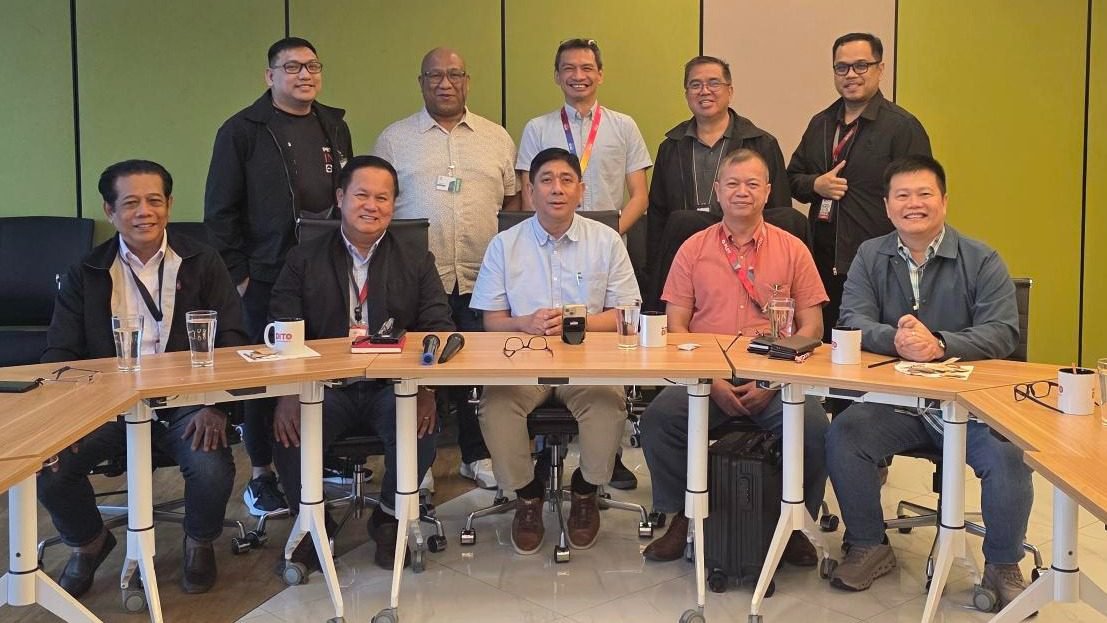The Japan International Cooperation Agency (JICA) and the Bases Conversion and Development Authority (BCDA) signed a technical cooperation agreement that will help BCDA develop the areas in and around railway stations being built by the Department of Transportation (DOTr).
These sites are located in Fort Bonifacio and will serve as models of the Philippines’ Transit-Oriented Developments (TODs), as well as prototypes of sustainable mixed-use communities with access to high-quality train systems.
BCDA President and Chief Executive Officer (PCEO) Aileen R. Zosa and JICA Philippines Chief Representative Sakamoto Takema on March 21 signed the Record of Discussions for the Capacity Enhancement for the TOD Project, which is aimed at maximizing the potential of two major railway projects traversing BCDA properties in Metro Manila. These railway projects are the Php 500-billion Metro Manila Subway Project (MMSP) and the Php 800-billion North-South Commuter Railway (NSCR), also funded by the Japanese Government.
BCDA will lead the development of TODs in and around four MMSP stations traversing its properties, namely, Bonifacio Global City or BGC (Market! Market), the proposed Senate-DepEd (Department of Education), Kalayaan Avenue, and Lawton Avenue stations. These TODs will serve as the backbone of the transportation network, effectively connecting to feeder systems, such as jeepneys and buses. These will also generate economic, financial, social and environmental benefits to all stakeholders through efficient urban development around the stations.
This technical cooperation agreement with JICA will strengthen the capacity of BCDA in planning and implementing the TODs for the subway system. BCDA is expected to identify institutional arrangements as well as develop TOD guidelines for the subway TODs, conceptual plans for the four TOD stations in Fort Bonifacio, and business plans for the TODs near the BGC and the proposed Senate-DepEd stations.
The conceptual and business plans will then be used by BCDA as critical parameters in the design of the redevelopment of Market! Market! in the 99,000-sqm super block in BGC, improving its commercial viability and the quality of urban life of those working and living in Fort Bonifacio and its surrounding areas. These will also serve as a framework for the seamless integration of the proposed Senate-DepEd station to the NSCR line and the Ninoy Aquino International Airport, ensuring smooth transfer and mobility of commuters.
“Our sincerest appreciation to JICA for its strong, unwavering support to the Philippines and for this TOD capacity enhancement project, which will help BCDA learn from Japan’s experience in efficient, fast, and reliable transportation system as well as gain more insights on urban development,” Zosa said.
She highlighted that building TODs will help the Philippines substantially reduce carbon footprint, especially in the congested areas of Metro Manila; address the need for more efficient connectivity between major mass transit systems and feeder systems; and create more sustainable communities that are surrounded not just with physical structures, but also with public and open green spaces.
“BCDA and JICA are doing all of these for our stakeholders, for our commuters, and for the population of Metro Manila who have endured the traffic congestion for such a long time,” Zosa added.
For Sakamoto, this TOD project serves as an indispensable component for sound and sustainable urban development in Metro Manila.
“This TOD will pave the way to further create business opportunities in and around railway stations. Consequently, the TOD can enhance the attractiveness of the Philippines to potential investors,” Sakamoto said.
The Project for Capacity Development for TODs will span 36 months from the commencement of activities.
BCDA and JICA will establish a Joint Coordination Committee (JCC) for coordinating and monitoring the project.
Representatives from the DOTr, Department of Finance, National Economic and Development Authority, Department of Human Settlements and Urban Development, Department of Public Works and Highways, Metropolitan Manila Development Authority, and the local government units will serve as members of the JCC.
TODs will reduce energy usage and greenhouse gas emissions by cutting down the need to travel and lessening reliance on private vehicles. It also promotes efficient land use and economic development in the area by creating compact, high-density mixed-use development that features office, housing and retail areas, green and public spaces, as well as quality public transit.
This project is in line with BCDA’s commitment to the United Nations Sustainable Development Goals 9 (Industry, Innovation and Infrastructure) and 11 (Sustainable Cities and Communities).














